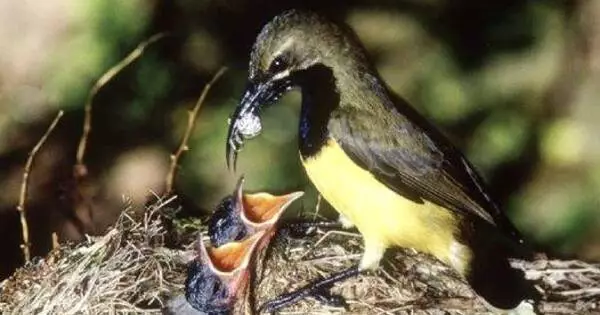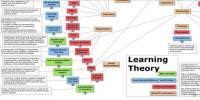Paternal care refers to the involvement of fathers or other male caregivers in the care and upbringing of their offspring. This can include activities such as providing food, protection, shelter, emotional support, and teaching life skills.
Historically, maternal care has been emphasized as the primary source of child-rearing, but research has shown that paternal involvement is also crucial for child development. Children who have involved fathers tend to have better academic performance, social skills, and emotional well-being.
Paternal care is the parental investment made by a male in his own offspring in biology. It is a complex social behavior associated with animal mating systems, life history traits, and ecology in vertebrates. Paternal care can be provided in collaboration with the mother (biparental care) or, in rare cases, solely by the male (so called exclusive paternal care).
The provision of care, whether by males or females, is assumed to increase the growth rates, quality, and/or survival of young, and thus increase the inclusive fitness of parents. Both males and females invest heavily in their offspring in a variety of vertebrate species (e.g., approximately 80% of birds and approximately 6% of mammals). Exclusive paternal care has evolved multiple times in a variety of organisms, including invertebrates, fishes, and amphibians.
Paternal care can take many forms, from spending time with their children to helping with homework and household chores, to coaching sports teams, and attending school events. Research has also shown that paternal involvement can have a positive impact on a child’s physical health, as well as reducing the risk of behavioral problems and delinquency.
Paternal care can take many forms, depending on the species and the environment. In some species, fathers are the primary caregivers, taking care of the young while the mothers go out to hunt or forage. In other species, fathers may provide some care, but it is usually the mother who does the majority of the caregiving.
Studies have shown that paternal care can have a significant impact on the survival and success of offspring. For example, in some bird species, offspring whose fathers provide more care have higher survival rates and are more successful at attracting mates. In some primates, fathers who are more involved with their offspring have offspring that are more socially competent and have higher reproductive success later in life.
Overall, paternal care is an important aspect of child development and can have a significant impact on a child’s well-being and success.
















